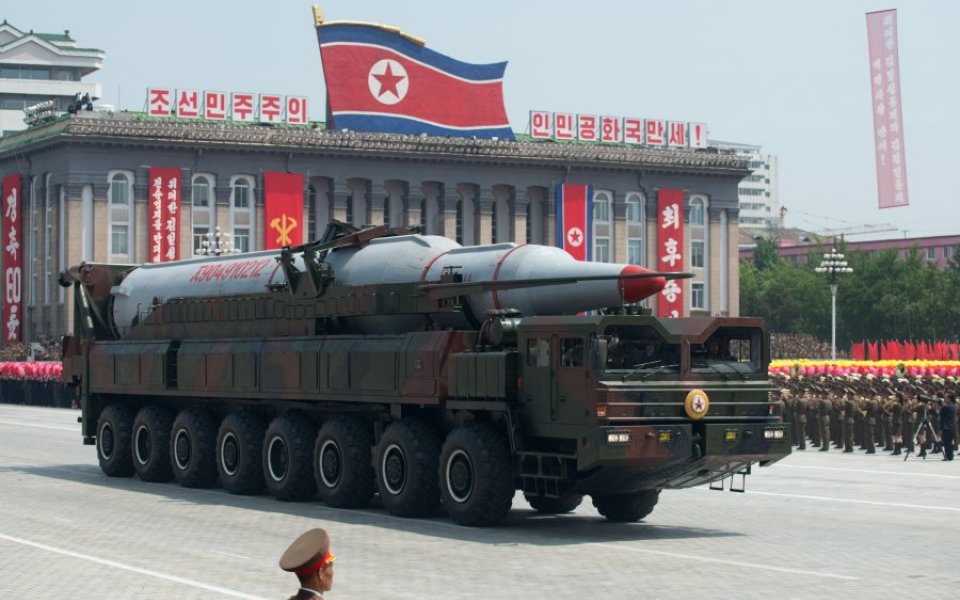As it claims to have tested a hydrogen bomb, does North Korea pose a serious threat to global peace?

Alan Mendoza, executive director of the Henry Jackson Society, says Yes.
The corrosive nature of its regime, coupled with possession of nuclear weapons, makes North Korea a dangerous international menace. At just 32, Kim Jong-un is the despotic ruler of a country cut off from the outside world and with internal dissent stifled by his security state. Kim’s control is absolute, giving him the ability to menace the wider world with no fear of domestic consequences. And he has plenty of form when it comes to flexing North Korea’s muscles, having engaged in military operations and threats of war against South Korea several times already. The international community made a fundamental mistake in allowing his father to develop nuclear weapons, and this means Kim’s sabre rattling always needs to be taken seriously. With the US acting as South Korea’s security guarantor and China as North Korea’s historic ally, all it takes to ignite a global conflict, therefore, is one future misstep by Kim. Can we really trust he won’t make it?
Dr Robert Winstanley-Chesters, visiting research fellow at the School of Geography at the University of Leeds, says No.
While North Korea’s claimed H-Bomb test challenges geopolitics and nuclear non-proliferation, I don’t believe that the country presents a serious threat to world peace. North Korea has developed nuclear capabilities to underpin its survival in what it perceives to be a hostile world. It sees nuclear capability in light of the collapse of the Iraqi army and Libyan revolution as a necessary guarantee of survival in an era when large conventional armies are unreliable against technically superior air power. North Korea has never demonstrated either the ability to develop an intercontinental or medium range missile system, nor successfully weaponised a nuclear device. It has never been demonstrated that Pyongyang is interested in devices such as a “dirty bomb” nor in deploying one. While it may theoretically be a threat to local neighbours, such as South Korea and Japan, it is not in the global context, and if it were to threaten its locality it would surely invite its own destruction.